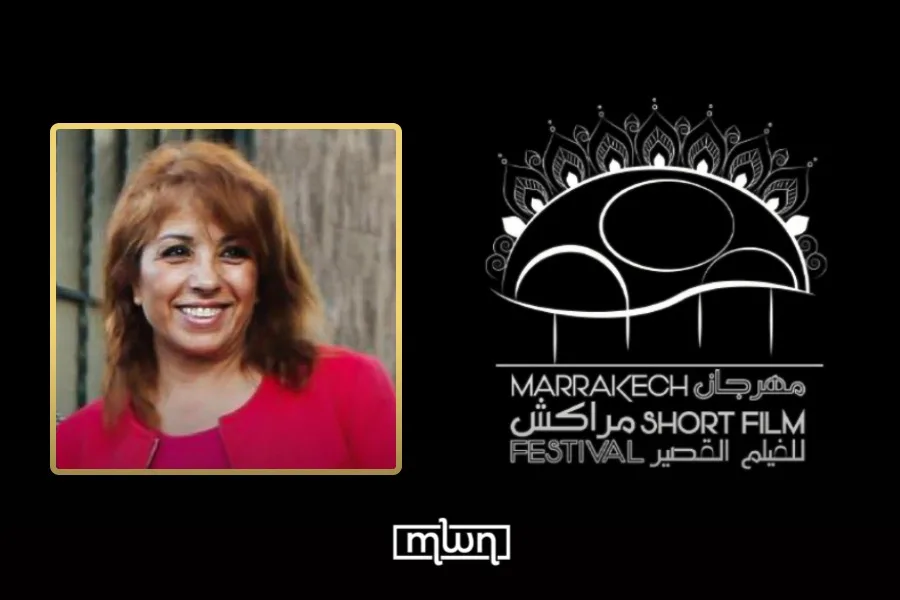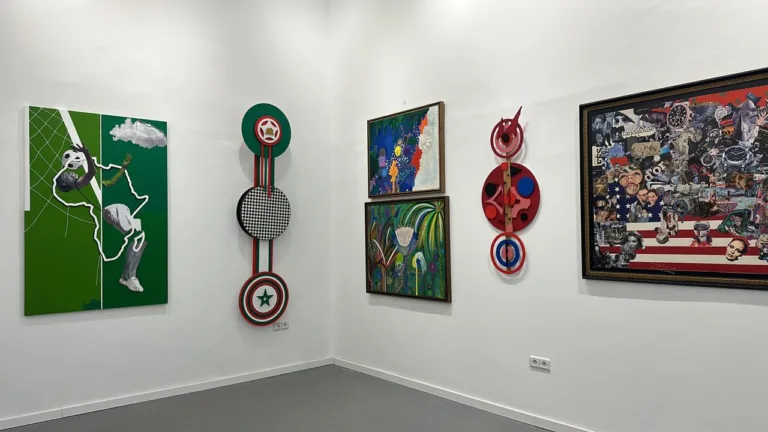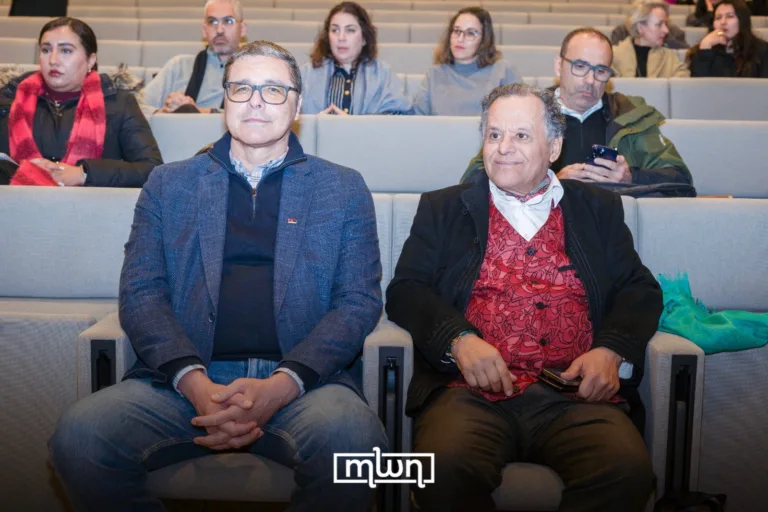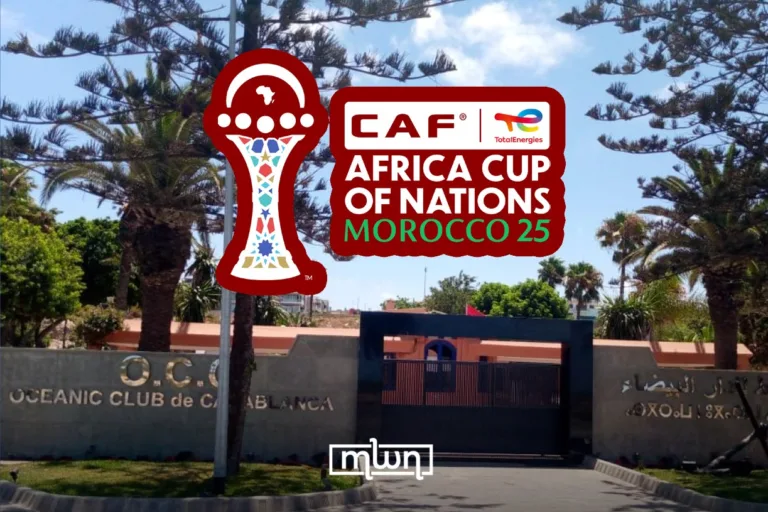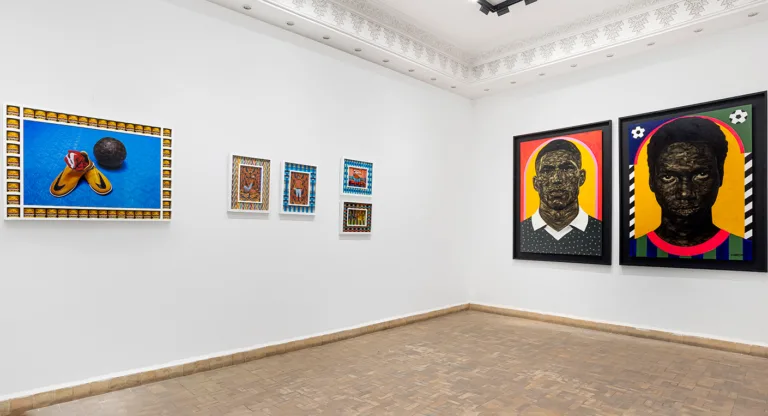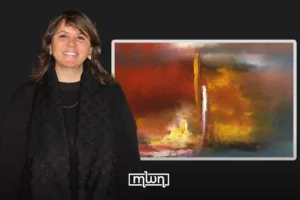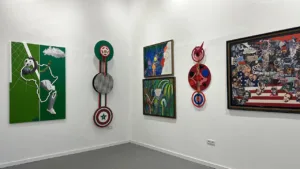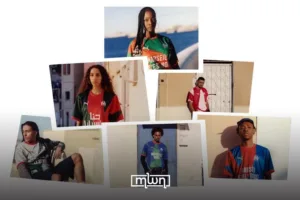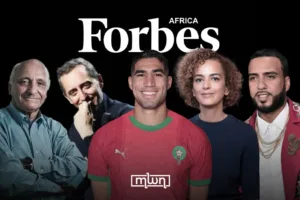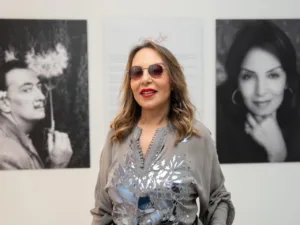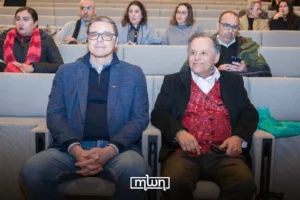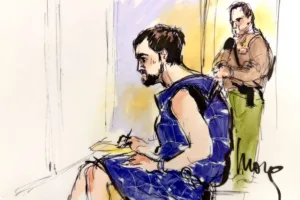Fez — At this year’s Marrakech Short Film Festival (MSFF), Moroccan filmmaker Rachida Saadi is standing out as both an artist and a leader shaping the future of Moroccan cinema.
With a career that spans directing, producing, and mentoring young talents, her presence at the festival reflects the country’s growing confidence in bringing its stories to international audiences.
Cinema as a mirror of society
“The story of “Quitte ou Double” was born from a reflection on addiction. I chose poker as the backdrop, but at its core, the film is about all forms of dependency that can entrap a person—whether gambling, drugs, consumerism, or even toxic relationships,” Saadi said. “Through Noura’s journey, I wanted to explore how passion can slide into obsession, and how this spiral affects not only the individual but also their loved ones and even the next generation.”
Her message, she explained, is that addiction is not simply a personal weakness but a social reality that requires understanding, prevention, and support. “I hoped audiences in Morocco and abroad could find their own resonance in the story.”
Balancing vision and production realities
Saadi has long navigated the complexities of filmmaking as both director and producer. “Balance is built through dialogue. Creativity needs freedom, but it cannot exist without solid organization,” she said.
“My experience as a producer has taught me to respect constraints and to avoid common mistakes, while my work as a director pushes me to protect an artistic vision. Between the two, there is a constant back-and-forth, where each compromise must remain in service of the story.”
Staying grounded is essential, she added, stressing: “There is often a gap between the dream of a director and the reality of production, but the challenge is to find solutions that keep us as close as possible to the vision we want to achieve.”
Leadership in Moroccan and global cinema
When asked about the role of gender in her career, Saadi was clear. “I don’t believe that my challenges were specifically linked to being a woman. The obstacles I faced are the same ones that many filmmakers—both men and women—encounter in this industry,” she explained.
“The real difference lies in how each person chooses to confront and overcome them. For me, these experiences taught me perseverance, problem-solving, and the importance of staying focused on the vision I wanted to achieve.”
Nurturing Morocco’s next generation
As founder of Janaprod, Saadi has supported diverse stories and emerging voices in Moroccan cinema. “What I look for is sincerity in the writing and necessity in the project. When a filmmaker is deeply connected to their story, that truth is visible on screen,” she said.
She also had a message for Morocco’s aspiring filmmakers. “Stay faithful to your own voice, don’t try to imitate others, and draw from your own culture and lived experience. At the same time, work with discipline and rigor—because inspiration needs structure in order to become a film.”
A vision for Moroccan cinema
Saadi believes Moroccan cinema is entering a decisive phase. “There are still many stories to be told about our society’s transformations—family dynamics, the role of women, social divides, and the younger generation navigating a globalized world,” she said.
“In the next decade, I believe Moroccan cinema will gain even greater international visibility, provided we continue to encourage diverse voices and bold, personal narratives. Our strength lies in telling local stories that carry universal meaning.”

